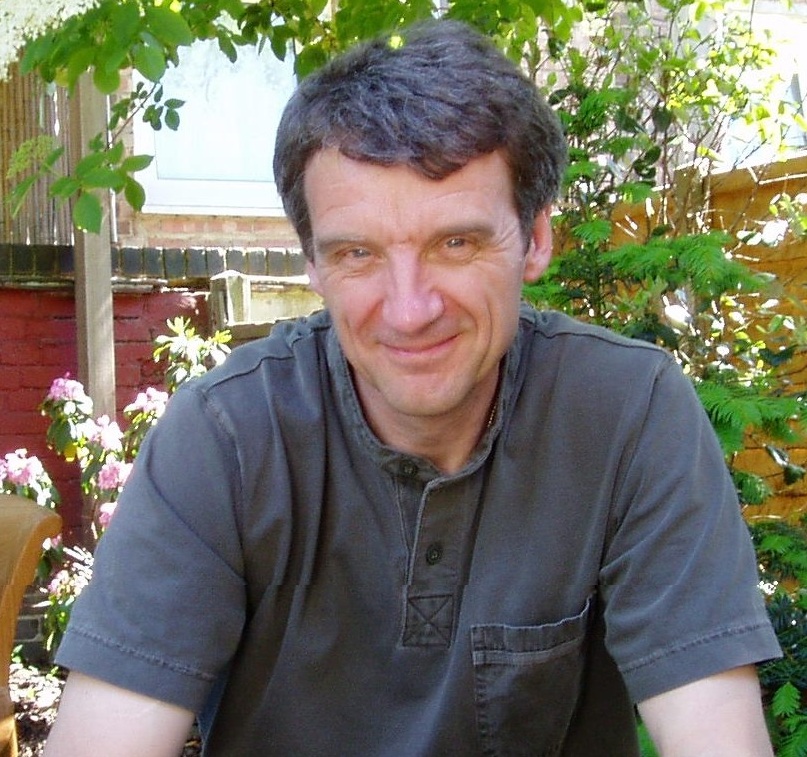
Full Name: Stephen Hugh Mallett (but known as Hugh since I was 10)
Job Title: Technical Director
Company: Buro Happold
I am a Chartered Engineering Geologist and Registered SiLC of forty five years professional experience. The first ten years focussed upon geological and geotechnical investigations in the UK and overseas. After a particularly rainy day on site in South Wales, I joined the civil service and spent over four years (in the dry) as a geologist in the Minerals Planning Division of the Department of Environment. In 1990, I joined the contaminated land team of an environmental consultancy (Aspinwall & Company) and have been involved in the investigation and assessment of land affected by contamination ever since (with Buro Happold since 2006).
What or who inspired you to join the geotechnical industry?
Courtesy of a friend in my village football team, I got a summer job as an assistant QS on the M5 construction near Weston Super Mare. On our stretch of the motorway, there was an impressive limestone cutting which was inspected / mapped by a geologist abseiling down the rock face. What more incentive does anyone need? And, many years later, I got to do this myself at Treffgarne Gorge, in Pembrokeshire. It was heaven.
What does a typical day entail?
The only thing that is typical is that there is no such thing. It is the variety of projects, the range of tasks to be undertaken and the lovely (and not so nice) people that I work with that makes me keep coming back for more. Although the majority of my days are spent in the office, I still love site work and get out whenever I can to do some “real work”. Perhaps the most typical aspect is that every time I think that I know the ground conditions on a site, then the uncertainty principle rears its head and something unexpected / unknown is encountered to make you realise (again) that you know nothing.
Are there any projects which you’re particularly proud to have been a part of?
Jordan Dead Sea Potash investigation. My first overseas project in 1977 – went for 6 weeks which turned into 9 months (it was called “Wimpey Time”). Learned to fly a hovercraft. Got rescued by a Jordanian Air Force helicopter on the Jordan / Israel border. Found live land mines (over 1000 eventually cleared from the site). Channel Tunnel Rail Link (HS1) contaminated land assessment in the early 1990s – really developed our understanding at the time. Writing R&D 66 and then delivering training on it to over 300 local authority contaminated land officers with some lovely colleagues and the legendary Bill Baker. The Olympic Stadium – cycling to site, spending the morning with our site engineer Gemma as construction happened and then cycling back to the office along the Grand Union Canal – I could not stop smiling. Devising and delivering the “Stratigraphic Beer Tour” lecture (on many occasions – invitations welcomed!).
What are the most challenging aspects of your role?
The continual need to keep up to date with the technical aspects of our work on contaminated land is double edged. It is really hard to do but also always keeps you on your toes, so work never loses its interest.
What AGS Working Group(s) are you a Member of and what are your current focuses?
I currently chair the Loss Prevention Working Group. It is a very active Group and has many very committed members who are always providing really useful advice and guidance through the various Loss Prevention Alerts, articles and the rather wonderful Loss Prevention Guidance, which is worth the membership fee on its own and is due to be reviewed and re-published in 2022.
What do you enjoy most about being an AGS Member?
Being part of an organisation that is concerned about raising the standards in our industry and which does something about it by the provision of useful (and used) guidance and advice.
What do you find beneficial about being an AGS Member?
I have been an active member of the AGS since the early 1990s (being a founder member of the Contaminated Land Working Group) and can honestly say that I have learned so much from that involvement – getting out far more than I put in.
Why do you feel the AGS is important to the industry?
I shudder to think where the industry would be without it. Think of the AGS Data Format, all of the technical and commercial advice and guidance, the support provided to all of the membership, the unselfish and collaborative behaviour of so many people.
What changes would you like to see implemented in the geotechnical industry?
At my first AGS meeting people talked about the need to raise the status of ground engineers. Sadly, despite initiatives such as SiLC and RoGEP, we are still often perceived as people grubbing around in mud who need little, if any, consideration and deserve little if any respect.
I have a dream: To see ground engineers knighted for their professional services, receiving the salaries of lawyers and obtaining the respect currently attributed to health professionals.